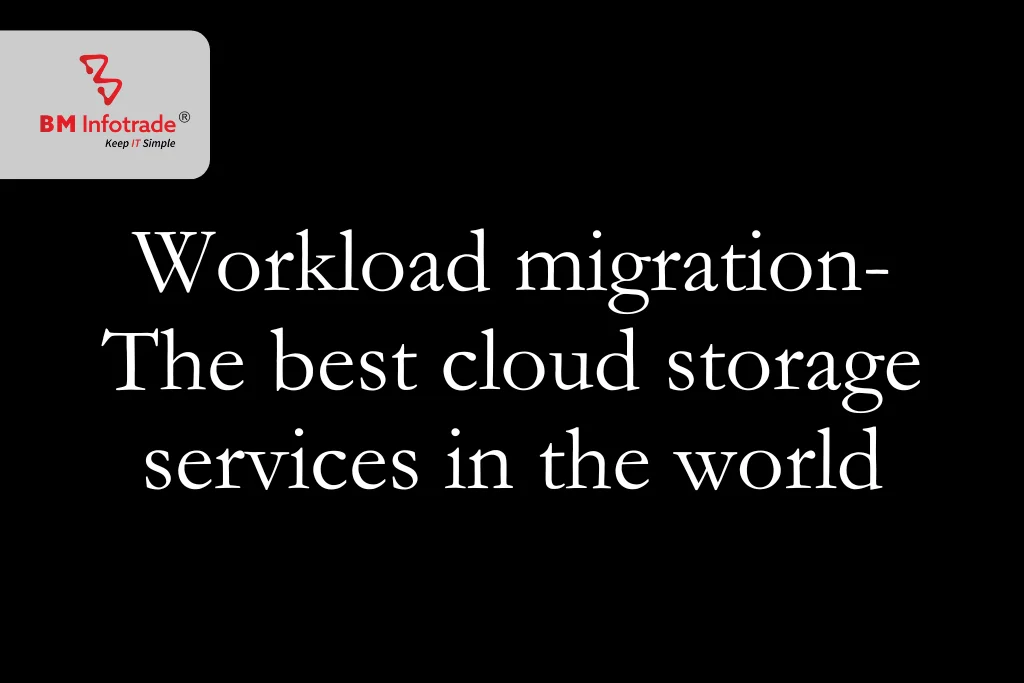Transformative Power: Benefits of Digitization
The phrase “digitization” in today’s world means converting analog signals to digital. This is not an option for any organization that wants to survive this century but rather a necessity.

Transformative Power: Benefits of Digitization
Table of Contents
The phrase “digitization” in today’s world means converting analog signals to digital. This is not an option for any organization that wants to survive this century but rather a necessity. Simply put, digitization refers to incorporating digital technology into all aspects of business activity which changes how we handle information, process it, and relate with each other. Understanding the disruptive nature of digitization is what will enable us to realize its potential as far as efficiency gains are concerned.
There are so many advantages that come with it such as improved efficiency and productivity; enhanced accessibility or convenience; greater creativity and innovation among others. In this article, we shall be looking at different benefits offered by digitizing systems while giving some hints on how businesses can leverage them for growth, inventions, and accomplishments in the current era – the electronic marvels age.
Understanding digitization
To understand what digitization is, and how it has changed over the years, we first need to know what it means.

What is Digitization?
Digitization is the process of converting analog information into digital form, which is represented by a series of ones and zeros (1s and 0s). This allows for information to be stored, processed, and transmitted electronically thereby enabling more effective use of data and resources.
Important Factors of Digitization
There are many parts to digitization, all of which are crucial in transforming analog information into digital form. Those components include:
Data: The substance behind digitization is data that can be presented in various ways like text, photos, audio, or video files among others. In this process, data is captured encoded, and stored electronically where it can be easily accessed for processing or analysis.
Technology: Computers and other digital devices act as the foundation for this system (enterprise). Software applications also fall under technology that supports digitization procedure(s). Technological advancements have seen an increase in computing power by folds coupled with storage capacities thus enhancing connectivity on a global scale through various means such as fiber optics cables across continents.
Connectivity: For digitization to happen there must be an ability to connect different things so that they can communicate better with one another or share information between them electronically; therefore without electronic connection nothing much can be achieved through these systems otherwise called networks which may include LAN, WAN, MATV etc.

Read More:- Digitization- The Digital Way of Life.
The Benefits of Digitization
Digitalization is beneficial in many ways as it changes everything – the way we communicate, the way we work, and even the way we relate to information. Here are some of its main merits:
Increased Efficiency and Productivity
Process Automation: Digitization permits the computerization of repeating activities and processes thereby reducing human intervention requirements and speeding up such undertakings. This automation increases efficiency by cutting down on mistakes and streamlining operations.
Work Flow Optimization: Digital tools allow information to move seamlessly through different departments of an organization facilitating better collaboration between employees and leading to quicker decision-making processes. Businesses can therefore allocate resources optimally by digitizing their workflows which in turn enhances overall performance effectiveness.
Manual Error Reduction: Accuracy is improved since digitization reduces the chances of errors associated with manual systems. Storage, entry as well as retrieval should be done electronically so that organizations may prevent possible slips while ensuring data integrity.
Better Accessibility and Convenience
Information Anytime, Anywhere: Data can be stored and accessed through digitization anywhere with an internet connection making it possible for employees to work with essential information and materials wherever they are situated. Flexibility is increased with this availability and people can therefore perform their tasks more effectively even if they change locations frequently.
Work from a Distance: Digitalizing work processes enables employees to do their jobs from home or any other place away from the office. This not only creates a better work-life balance but also allows companies access to worldwide talents while reducing expenses related to physical offices.
More Interaction with Clients: Going digital opens up various ways of reaching out to customers and giving them personalized experiences. Businesses can use electronic marketing, social networks, and e-commerce among others which have the effect of widening the reach of enterprises so that they can meet the specific needs of clients thus leading to higher levels of satisfaction and loyalty among them.
Read More:- How to Start the Digitization Process: Simple Steps to Follow
Data Insights and Knowledge-Based Decision Making
Big Data Collection and Analysis: The gathering and examination of massive amounts of information, known as big data, is made possible by digitization. Organizations can unveil strategic decision-making patterns through these findings when they use sophisticated tools combined with advanced analytic techniques.
Predictive Analytics and Forecasting: Businesses can predict future trends or behaviors using predictive analytic models that rely on past data patterns. Having such foresight allows firms to proactively respond to changes in the market, optimize resource utilization, and manage risks better.
Product/Service Personalization: With digitization, companies can provide individualized products/services designed to meet specific customer preferences or requirements. By segmenting their customers according to different needs or wants identified through data analysis-driven insights; businesses should be able to target selected groups more efficiently while maximizing relevance and value for them.
Cutting the cost and saving resources
Cutting of paper-based Processes: Paperwork is eliminated with digitization together with manual record keeping which in turn reduces storage costs associated with paper, their consumption, and environmental impact. Organizations may streamline their activities and reduce administrative overheads through using digital workflows as well as document management systems.
Reducing Operational Costs: Businesses can lower operational costs by automating operations digitally thereby optimizing resource allocation within them. Efficiency and profitability are achieved when manual tasks are automated away while redundant ones are done away with besides supply chain management being optimized.
Effective use of resources: The use of real-time monitoring systems enables organizations to track how they allocate their resources more efficiently during the process of digitalization. Through this businesses can achieve excellence in operation by identifying improvement areas based on KPIs/Metrics monitored as well as re-allocating them effectively.
Creativity and Competitive Advantage
Creating Innovation Ecosystems: Digitization enhances creativity since it serves as a place for cooperation, tests, and sharing of information. Companies can connect with their clients, suppliers, and other stakeholders through digital technologies so that they co-produce value together which leads to continuous improvement.
Reduced Time to Market: Businesses can develop and deliver products faster thanks to digitization. They can achieve this by employing flexible methods of software development like Agile and using prototypes produced in a digital environment plus infrastructure supported by cloud computing thus shortening the time taken in designing new goods or services; and responding quickly to changes in consumer needs.
Distinguishing oneself from rivals: Through efficiency and customer service excellence coupled with invention, organizations can use digitalization as a means of standing out among other players within an industry. When companies adopt such programs aimed at transforming them digitally, they position themselves not only as pioneers but also disruptors who should be followed closely by others hence gaining a competitive advantage over them in the marketplace altogether.
Read More:- Mastering Digital Leadership: Through Digitization
Conclusion
When companies accept the revolutionary abilities to digitalize things, they take up originality, efficiency, and enlargement. Through employing information age appliances and welcoming a spirit of transition, enterprises can expose fresh chances that better competition and drive the creation of value. The process of digitization poses several challenges ranging from security fears to outdated systems and lacking skills.
Nevertheless, organizations can still overcome these difficulties and benefit from digitization by among other things having visionary leadership; investing in technology infrastructure; developing talents; collaborating with others as well and continually evaluating their performance over time. Looking forward it will become necessary for all businesses to adopt digital ways because this is what will enable them to survive in an increasingly computer-oriented environment where success depends upon agility, adaptability, and innovation.







Anshul Goyal
Group BDM at B M Infotrade | 11+ years Experience | Business Consultancy | Providing solutions in Cyber Security, Data Analytics, Cloud Computing, Digitization, Data and AI | IT Sales Leader